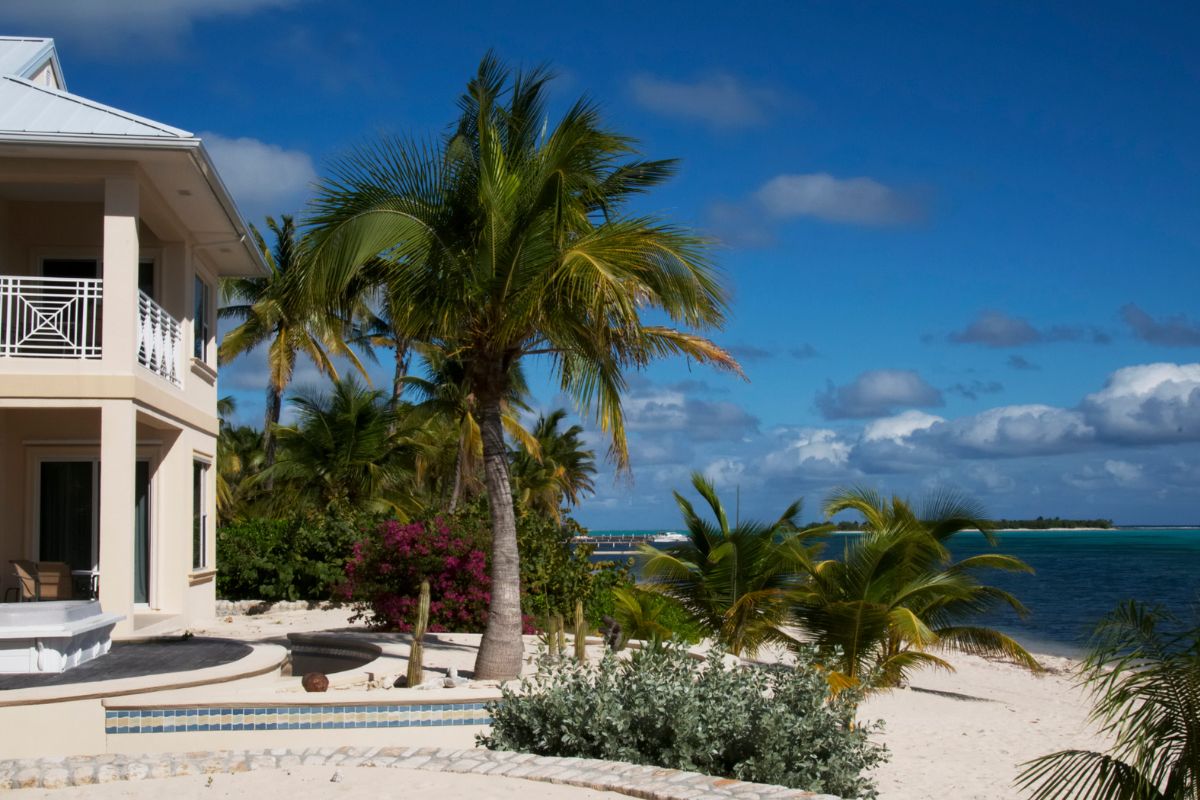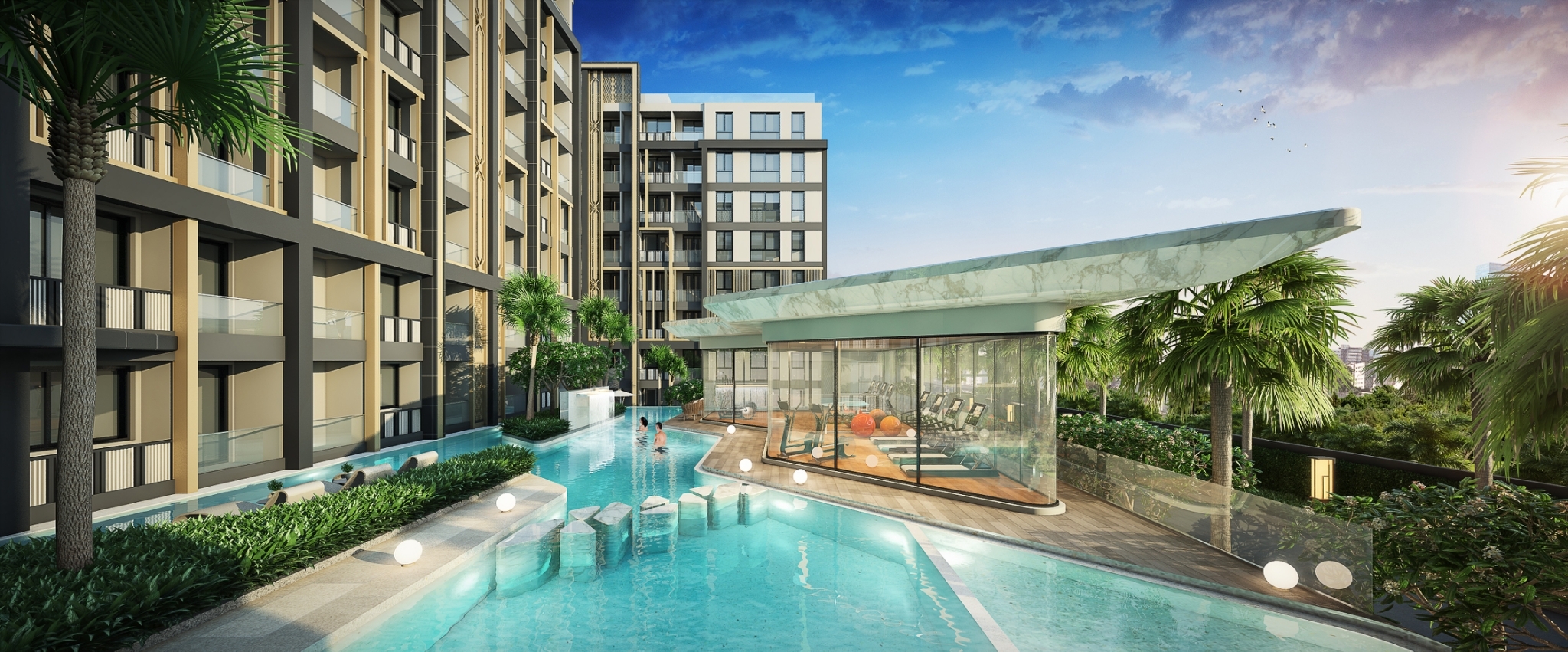When it comes to buying property in Pattaya, one of the most important decisions you'll face is whether to choose a leasehold or freehold property. But what's the difference between these two types of ownership, and which one is better for you? In this article, we'll explore the pros and cons of leasehold and freehold properties, compare their features, and help you make an informed decision when purchasing your dream home or investment property in Pattaya. Make sure to also check out our
blog on property ownership for foreigners.
Table of Contents
Leasehold Property
Definition and Basics
A leasehold property is one where you own the right to occupy and use the property for a fixed period, usually ranging from 30 to 99 years. In Thailand, the maximum lease term is 30 years, with the possibility of two additional 30-year renewals. Once the lease expires, the property reverts to the freehold owner (the lessor).
Pros of Leasehold Property
- Lower Initial Cost: Leasehold properties are often more affordable than their freehold counterparts, making them an attractive option for budget-conscious buyers.
- Flexibility: As a leaseholder, you can negotiate the terms of your lease, including renewals and improvements, giving you more control over your living arrangement. You can also buy land and houses as a leasehold arrangement.
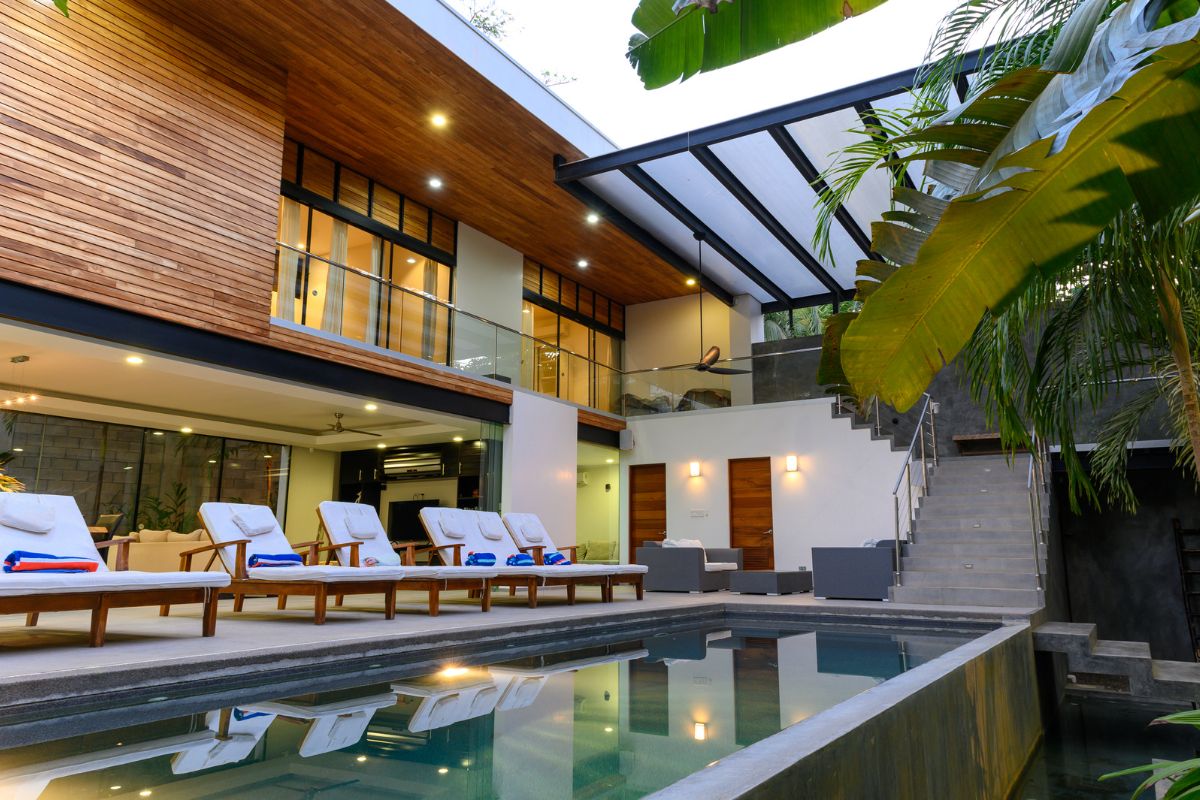
Cons of Leasehold Property
- Limited Ownership: With a leasehold property, you don't own the land; you're merely leasing it. This means you have less control over the property and must adhere to the terms of the lease.
- Decreasing Value: As the lease term nears its end, the property's value typically decreases, making it less attractive to potential buyers.
Freehold Property
Definition and Basics
A freehold property grants you complete ownership of both the land and the building, without any time limitations. As a freehold owner, you have full control over the property and can do as you please, within the confines of the law.
Pros of Freehold Property
- Complete Ownership: Owning a freehold property gives you absolute control and the freedom to modify, develop, or sell as you see fit.
- Long-Term Value: Freehold properties generally appreciate over time, making them a solid long-term investment.
Cons of Freehold Property
- Higher Initial Cost: Freehold properties typically come with a higher price tag, which may be prohibitive for some buyers.
- Greater Responsibility: As the owner of the land and building, you're responsible for all maintenance and repairs, which can be time-consuming and costly.
Comparing Leasehold and Freehold
Ownership Duration
Leasehold properties offer limited ownership duration, whereas freehold properties grant indefinite ownership. This difference affects your long-term investment potential and control over the property.
Property Rights
Leasehold property owners have limited rights compared to freehold owners. They must adhere to the lease terms and may face restrictions on property modifications or other activities. Freehold owners enjoy complete control and can make decisions without needing the lessor's approval.
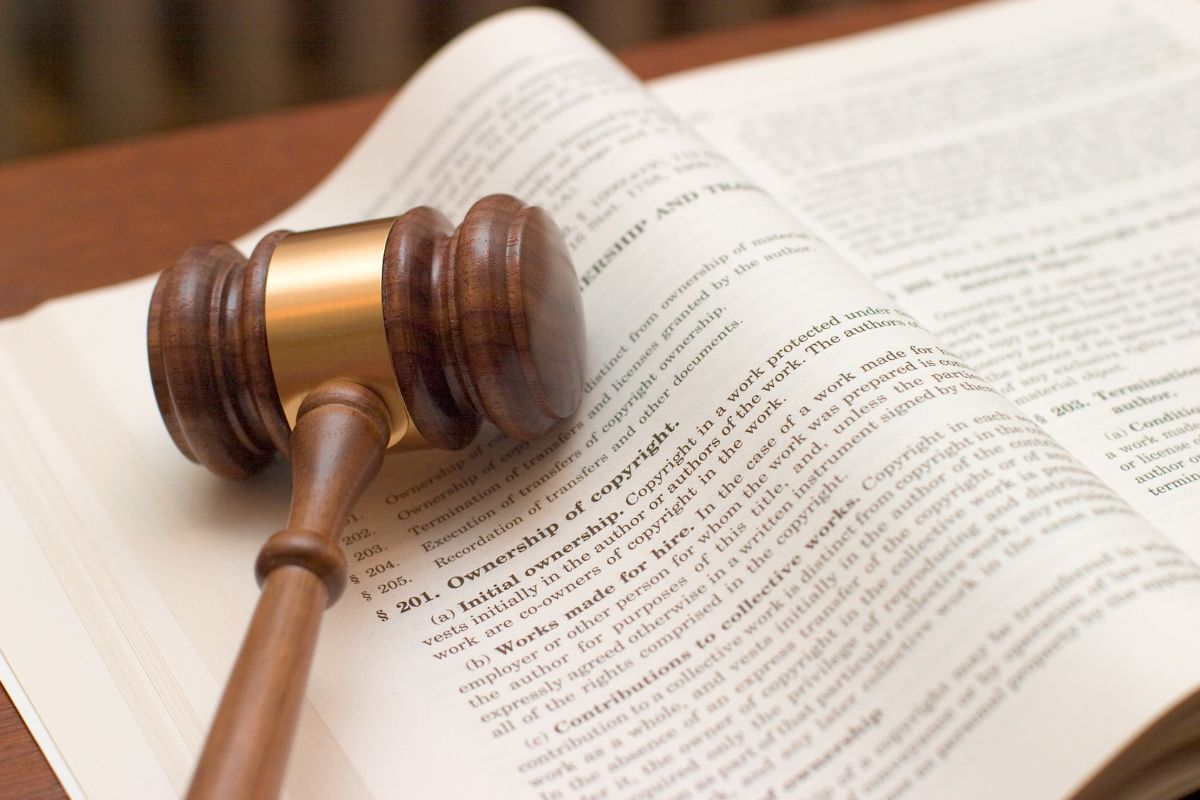
Costs and Responsibilities
Leasehold properties generally have lower initial costs, making them more accessible for some buyers. However, leaseholders may face additional costs, such as ground rent and service charges. Freehold owners have greater financial responsibility, including maintenance and repair costs, but they also have the potential for long-term appreciation.
Resale and Inheritance
The resale of a leasehold property can be more challenging as the lease term nears its end, which may deter potential buyers. Inheritance can also be complicated, as the remaining lease term will be passed on to heirs. Freehold properties are simpler to resell and bequeath since ownership is indefinite.
Financing and Mortgages
Mortgages for leasehold properties can be more difficult to secure, especially if the lease term is short. Banks may be hesitant to offer loans for properties with limited ownership duration. Financing for freehold properties is generally more accessible.
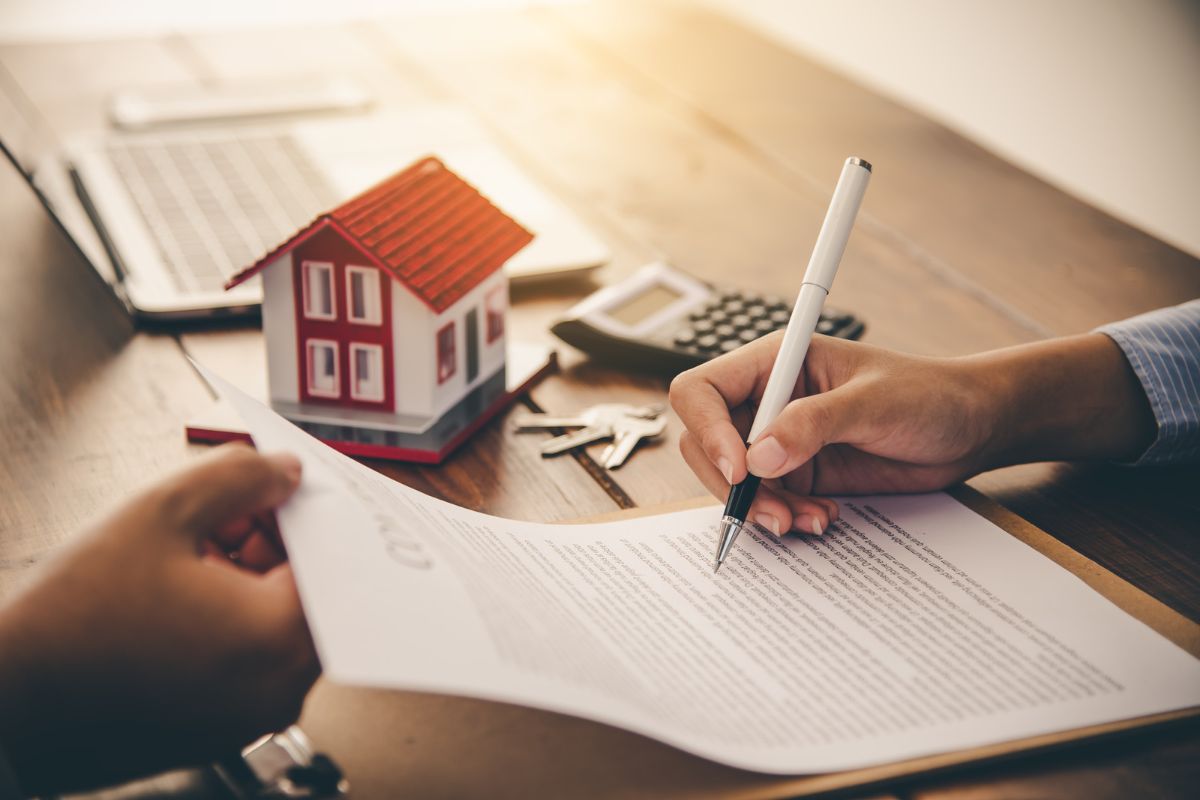
Making a Decision: Leasehold vs Freehold in Pattaya
The choice between leasehold and freehold properties in Pattaya ultimately depends on your financial situation, investment goals, and personal preferences. If you're seeking a more affordable option with lower initial costs, a leasehold property may be suitable. However, if you value long-term ownership, control, and potential appreciation, a freehold property could be the better choice.
Conclusion
When buying property in Pattaya, it's essential to understand the differences between leasehold and freehold properties. Both options have their advantages and disadvantages, and the right choice for you will depend on your unique needs and circumstances. Carefully consider the pros and cons of each ownership type, and consult with a professional real estate agent to guide you through the decision-making process.
FAQs
- Can foreigners own freehold property in Pattaya? Foreigners cannot directly own freehold land in Thailand. However, they can own freehold condominium units, provided that at least 51% of the building's ownership remains in Thai hands.
- What happens when a leasehold term expires? When a leasehold term expires, the property reverts to the freehold owner. Leaseholders may negotiate lease renewals or extensions, but this is not guaranteed and depends on the lessor's agreement.
- Is it possible to convert a leasehold property to a freehold property? In some cases, leasehold owners can negotiate with the freehold owner to purchase the land and convert the property to freehold. However, this is subject to the lessor's approval and may involve additional costs.
- How does a leasehold property affect my mortgage options? Mortgages for leasehold properties can be more difficult to secure, especially if the lease term is short. Banks may be hesitant to offer loans for properties with limited ownership duration.
- Are there any additional costs associated with leasehold properties? Leasehold property owners may face additional costs, such as ground rent and service charges, which are paid to the freehold owner or management company. These costs can vary depending on the terms of the lease agreement.
